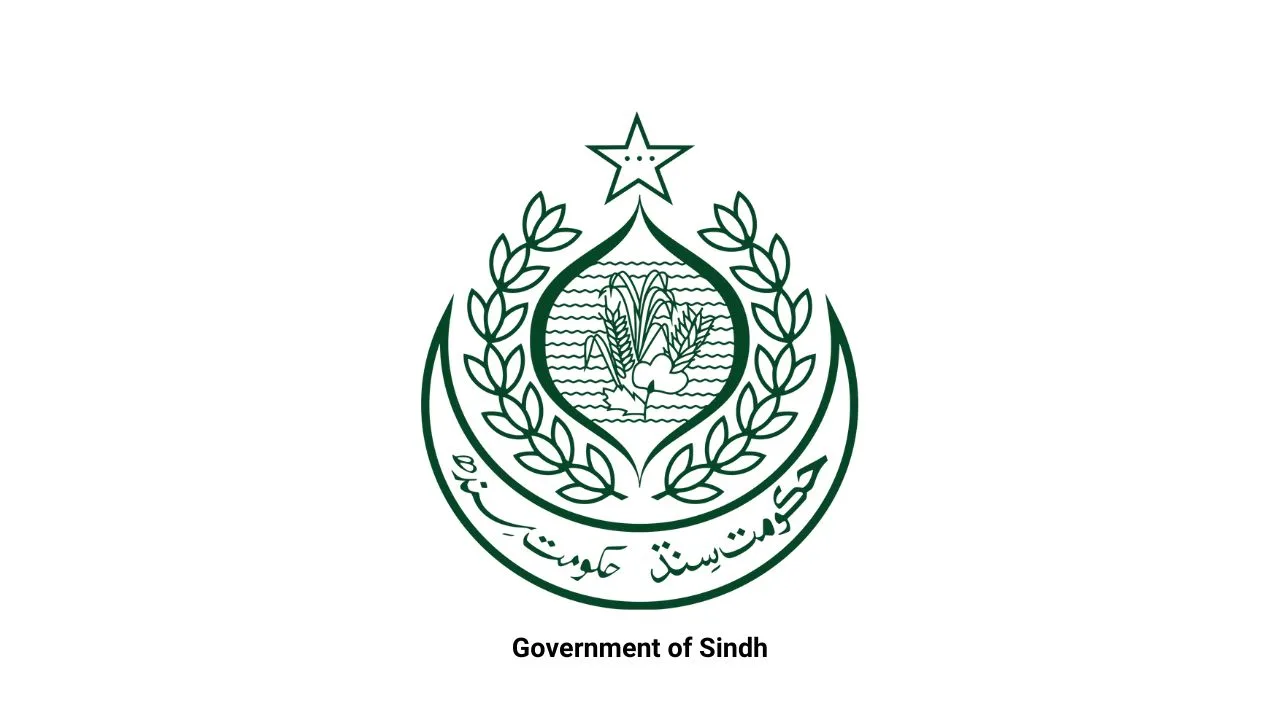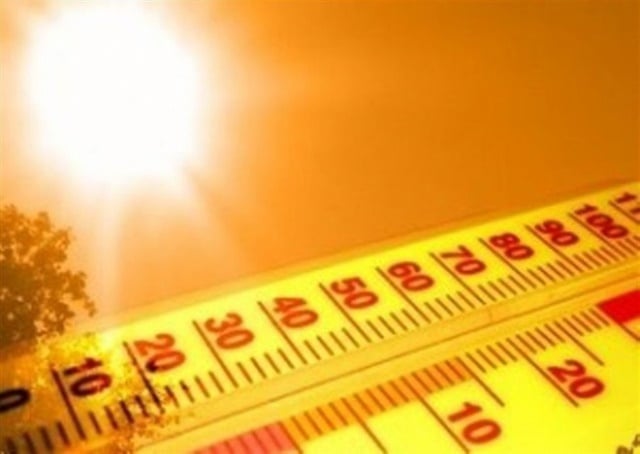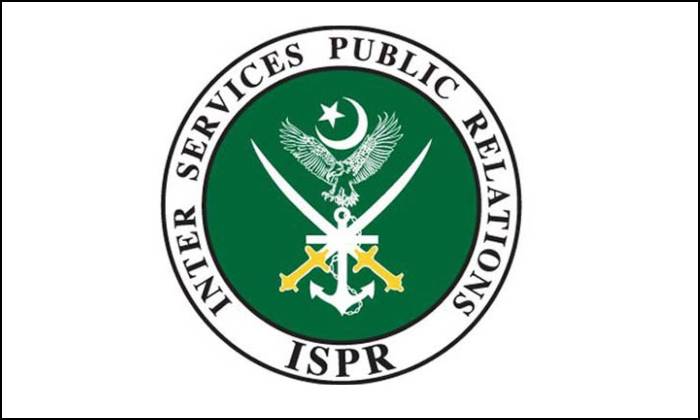The prime minister of Pakistan has accepted an invitation from Narendra Modi, the incoming Indian prime minister, to attend his inauguration on Monday in Delhi, raising hopes of a thaw in relations between the two south Asian nations.
Nawaz Sharif, who won power in Pakistan last year for a third time, will also hold a bilateral meeting with Modi on the sidelines of the ceremony during his visit to the Indian capital, Mohyuddin Wani, the joint secretary of the prime minister’s office, told Reuters.
The Pakistani premier’s attendance at the ceremony will be a first in the history of the two states, which both have nuclear arsenals and have fought four wars since gaining their independence from Britain in 1947. Repeated bids to improve relations have failed, though there have been incremental gains over the last decade.
The Pakistani prime minister is also likely to invite Modi to visit Pakistan, an official said on Saturday.
Spokesmen for Modi’s Bharatiya Janata party (BJP), which won a landslide victory in the recent polls, welcomed Sharif’s decision.
“It is very good news … This will mark a start of a new relationship between India and Pakistan,” said Prakash Javadekar, a BJP spokesman.
Analysts have hailed the invitation as a bold step to launch a policy of regional engagement.
“It’s an important gesture … as the largest country in the region, India should be reaching out to its neighbours. This is a very accident-prone relationship, but very intimate too on another level. We are cousins in a very real sense,” said C Raja Mohan, one of India’s most respected foreign affairs analysts, last week.
The invite posed a dilemma for Sharif, who leads the conservative pro-business Pakistan Muslim League, as many in the country and elsewhere in the Muslim world see the 63-year-old Modi as a hardline Hindu nationalist who harbours sectarian prejudices.
Modi has been accused of allowing, or even encouraging, mob violence in the western Indian state in 2002. About 1,000 people, mainly Muslims, were killed in rioting that followed an arson attack on a train in which 59 Hindu pilgrims died. Modi, who had been appointed Gujarat’s chief minister the year before, has denied any wrongdoing.
Modi has a brimming foreign policy in-tray. Relations with the US have deteriorated markedly in recent years and, though commercial links with China have grown, Delhi is deeply concerned by the expansion of Chinese influence in the region.
The 63-year-old will also have to manage relations with other neighbours, such as Bangladesh’s ruling Awami League, which has traditionally been close to India’s Congress party. Sheikh Hasina, Bangladesh’s prime minister, has said she cannot attend the ceremony due to a commitment to travel to Japan but is sending a representative.
Relations with Sri Lanka are also complex, and contentious within India. Major politicians in southern India, where there is a substantial population with ethnic and religious links to minority communities in Sri Lanka, reacted angrily after their president, Mahinda Rajapaksa, accepted Modi’s invitation.
It is the relationship with Pakistan, however, that is being seen as the real test of Modi’s foreign policy in the region.
The BJP has long called for a tougher stance on Pakistan, but the huge victory in the election also gives the new prime minister the political space to reach out to difficult neighbours in ways his predecessor, Manmohan Singh, weakened by corruption scandals and public discontent, could not.
After his own election last year Sharif’s administration had also suggested that the Indian prime minister attend his inauguration, but Singh declined.
Sharif, a former businessman, has hailed Modi’s “impressive victory” and was the first overseas leader to call and congratulate him before counting of votes had even ended.
Tariq Azeem, a governing party senator and close Sharif confidante, told the Guardian after the invitation that although Pakistan’s prime minister was very keen on building ties with India, there were others in government who were wary of moving too quickly to embrace Modi.
“There are people obviously who want to wait and see whether Gujarat man turns into New Delhi man,” he said. “There is that fear and apprehension in some quarters.”
Sharif’s decisions is likely to add to tensions between the civilian government and Pakistan’s powerful military. Extremist leaders in Pakistan called on the government to refuse the invitation last week. And Pakistan’s powerful army has resisted Sharif’s ambition to see a speedy normalisation of relations with India, particularly the granting of “most favoured nation” status to India as a trade partner.
Before the announcement the Express Tribune reported that army chief Raheel Sharif met the prime minister’s powerful younger brother, Shabaz Sharif, on Friday and recommended sending a high-powered delegation instead of the prime minister.
Earlier this month two Indian journalists were expelled from Pakistan, a move which worried commentators. The Indian ministry of foreign affairs said the expulsions were regrettable.
“Each leader is trying to break free of his shackles – Modi needs to demonstrate he is not a prisoner of his Hindutva ideology, Nawaz that he is not completely tied down by the military. Nawaz’s decision, coming just two weeks after his own establishment expelled the only two Indian correspondents based in Pakistan, is especially bold,” said Siddarth Varadarajan, of the Centre for Public Affairs and Critical Theory at New Delhi’s Shiv Nadar University.
In 1999, during Sharif’s second term in power, Atal Bihari Vajpayee, India’s last BJP prime minister, rode a bus to Lahore to sign a peace accord, raising the prospect of normalised ties. Three months later, however, the countries were at war again.
Relations warmed in the early part of the last decade but broke down after Pakistan-based militants launched attacks in Mumbai in 2008.
Ties improved slightly under Singh, but remain frosty. Distrust is mutual, and there are regular skirmishes along the line of control in Kashmir.
Modi said during his campaign that talks could not be held with Pakistan until all violence stopped, and senior BJP officials have regularly reiterated that view. Modi, however, has coupled his demand with a call for a mutual effort to tackle deprivation in the region.
“Bombs, guns and pistols have failed to do any good for the people of Pakistan … if India or Pakistan has to fight a war, it should be a war on poverty, illiteracy and superstition,” Modi said last year in his first major speech as a prime ministerial candidate.
Aziz Ahmed Khan, a retired diplomat who served as Pakistan’s high commissioner to Delhi, last week described the invitation as “really very shrewd”.
“On the one hand it’s a good gesture that should be taken as a sign of peacemaking by Modi, but at the same time the baggage that he carries makes it very difficult for the government. There is a widespread belief in Pakistan that he was behind the massacres in Gujarat.”
General Pervez Musharraf, the former military ruler, was the last Pakistani head of state to visit India in 2005.
An official at Pakistan’s information ministry sounded a cautious tone.
“We still have to gauge what Modi’s government’s stand is on the many issues that remain unresolved between Pakistan and India. The inaugural speech will hopefully set the tone of relations and we can take it from there,” said the official, who requested anonymity as he was not authorised to comment on the issue.
Source : http://www.theguardian.com/world/2014/may/24/pakistan-pm-nawaz-sharif-inauguration-india-narandra-modi










